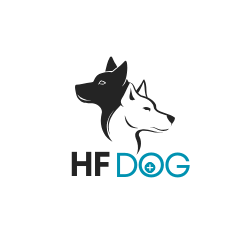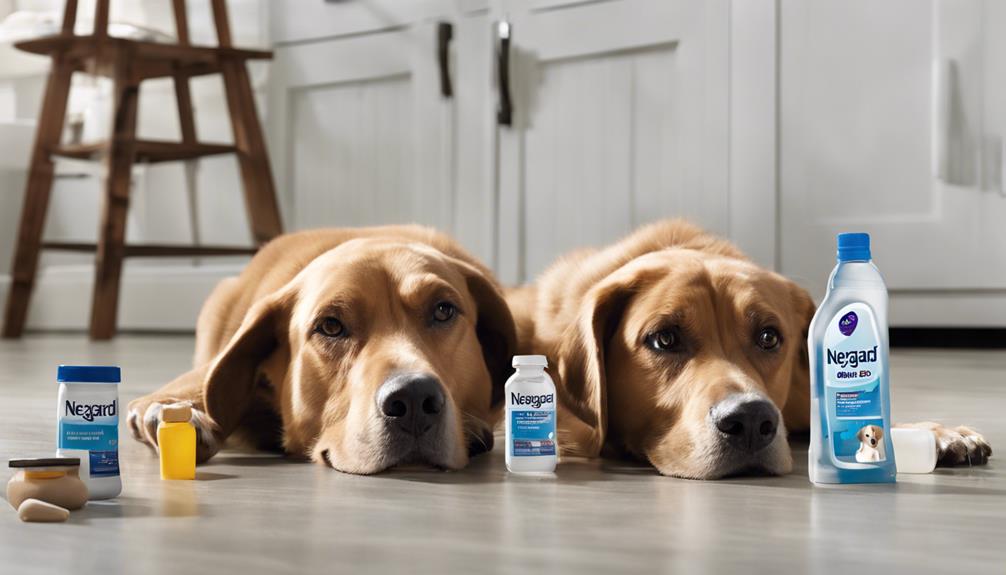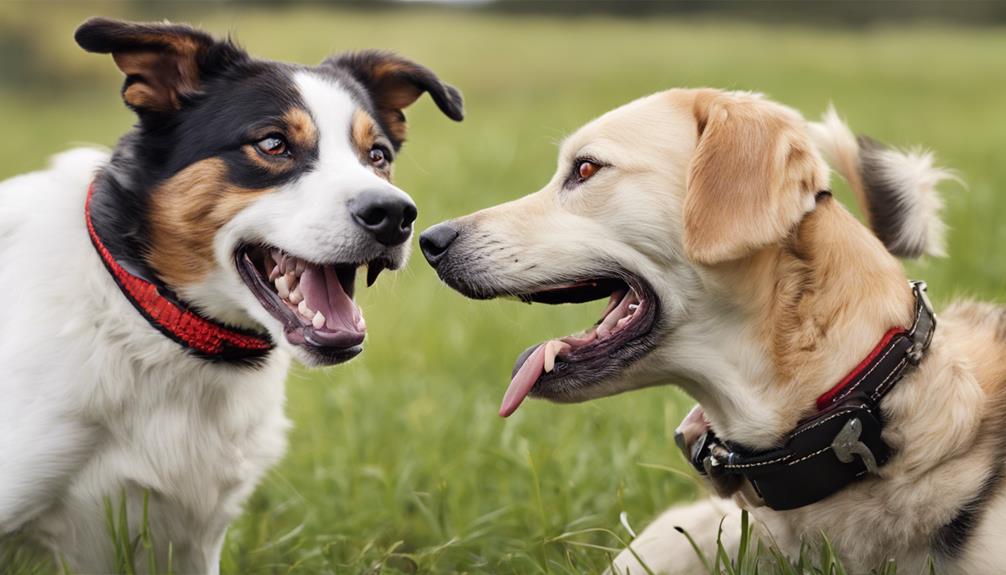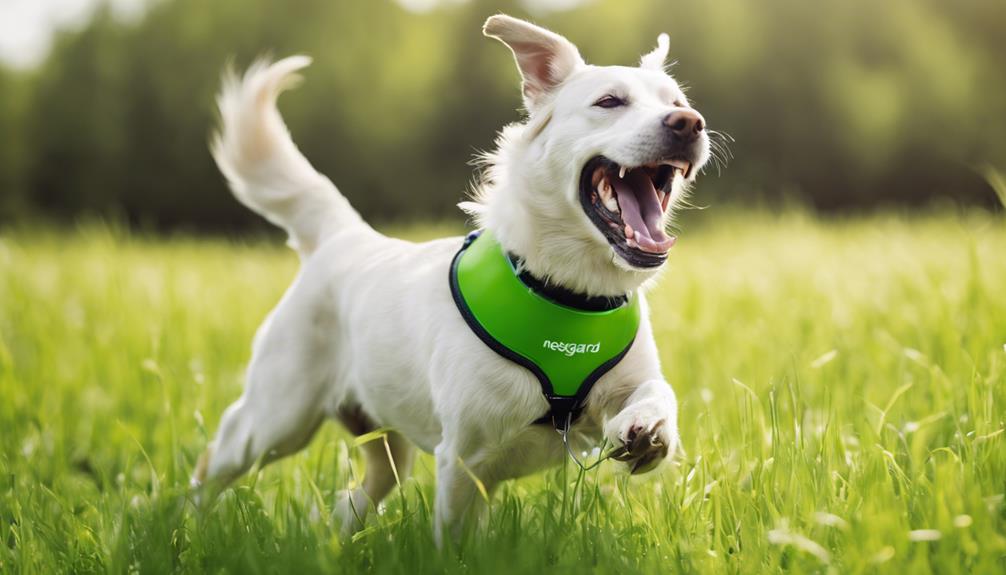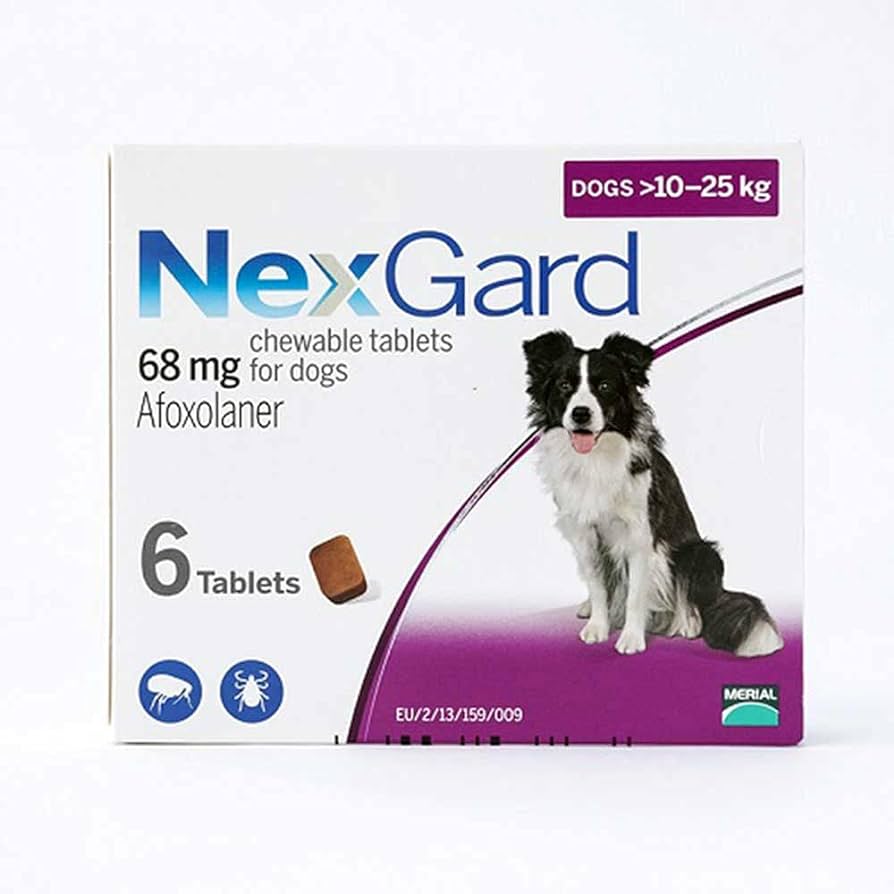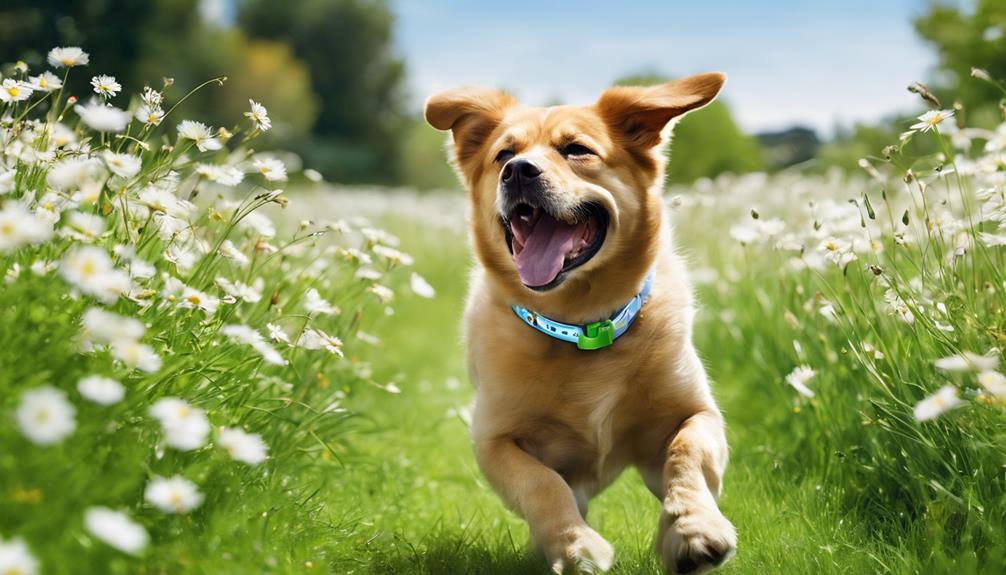Can Nexgard Cause Diarrhea
As pet owners, we prioritize the health and well-being of our furry companions. When it comes to protecting them from parasites like fleas and ticks, Nexgard is a popular choice known for its effectiveness. However, amidst its benefits, there are questions about potential side effects, particularly regarding digestive issues. Understanding the link between Nexgard and diarrhea in dogs is crucial for making informed decisions about their healthcare. In this article, we look into this topic to provide clarity and insight into whether Nexgard can indeed cause diarrhea in our beloved pets.
Key Takeaways
- Diarrhea is a potential side effect of Nexgard.
- Gastrointestinal upset, including diarrhea, can occur after Nexgard administration.
- Monitor your dog closely for any signs of diarrhea post-Nexgard.
- Consult your vet if diarrhea persists or if other concerning symptoms develop.
- Adjusting dosage or exploring alternative preventatives may be necessary if diarrhea continues.
Potential Side Effects of Nexgard
If your dog is on Nexgard, be aware that diarrhea can be one of the potential side effects. While Nexgard is generally well-tolerated, some dogs may experience gastrointestinal issues such as vomiting, lack of appetite, or diarrhea. It’s essential to monitor your furry friend closely after administering Nexgard and consult your veterinarian if you notice any concerning symptoms.
In addition to diarrhea, other possible side effects of Nexgard include lethargy, itching, and in rare cases, seizures. These side effects may vary in severity, and it’s crucial to contact your vet immediately if your dog experiences any unusual symptoms. Remember, every dog is different, and while some may not have any adverse reactions to Nexgard, others may be more sensitive to the medication.
If you suspect that Nexgard is causing diarrhea in your dog, your vet may recommend adjusting the dosage or switching to a different flea and tick preventative. Always follow your vet’s instructions and never adjust your dog’s medication without consulting a professional.
Understanding Diarrhea in Dogs
Diarrhea in dogs can stem from various underlying causes, ranging from dietary indiscretions to infections. It’s essential to monitor your furry friend’s bowel movements closely to identify any changes in consistency, frequency, or color.
Dietary issues, such as sudden changes in food or ingesting inappropriate items, are common culprits of acute diarrhea. Intestinal parasites, bacterial infections, viral illnesses, or even stress can also lead to gastrointestinal upset in dogs.
Dehydration is a significant concern with diarrhea, so make sure your dog has access to clean water at all times. If diarrhea persists for more than a day, or if you notice blood in the stool, lethargy, vomiting, or other concerning symptoms, consult your veterinarian promptly.
Treatment for diarrhea varies depending on the underlying cause, so a proper diagnosis is crucial for effective management. Remember, while occasional bouts of diarrhea are common, persistent or severe cases warrant veterinary attention to ensure your pet’s health and well-being.
Nexgard and Gastrointestinal Upset
When considering Nexgard and its potential impact on gastrointestinal health in dogs, it’s important to be aware of possible side effects related to this medication. Nexgard is a popular flea and tick preventative that may cause gastrointestinal upset in some dogs. Symptoms of gastrointestinal upset can include vomiting, diarrhea, and decreased appetite.
While not all dogs will experience these side effects, it’s essential to monitor your pet closely after administering Nexgard for any signs of gastrointestinal discomfort. If your dog does experience gastrointestinal upset after taking Nexgard, it’s advisable to consult your veterinarian for guidance. They may recommend adjusting the dosage, changing the administration schedule, or exploring alternative flea and tick prevention options. By staying vigilant and proactive, you can help ensure your dog’s gastrointestinal health while still effectively protecting them from pesky parasites.
Managing Diarrhea in Pets
To effectively manage gastrointestinal upset in your pet, it’s crucial to focus on maintaining hydration and monitoring their symptoms closely. Ensure your pet has access to fresh water at all times to prevent dehydration, especially if they’re experiencing diarrhea. Encouraging them to drink small amounts frequently can help keep them hydrated. You can also offer electrolyte solutions specifically designed for pets to replenish lost minerals.
Monitor your pet’s symptoms carefully. Keep an eye on the frequency and consistency of their bowel movements. If the diarrhea persists for more than 24 hours, or if you notice blood in their stool, vomiting, lethargy, or other concerning signs, contact your veterinarian immediately. Your vet may recommend dietary changes, medication, or further evaluation to determine the underlying cause of the diarrhea.
While managing diarrhea, avoid feeding your pet rich or fatty foods, as these can exacerbate gastrointestinal issues. Stick to bland, easily digestible foods like boiled chicken and rice until their stomach settles. By staying vigilant and providing appropriate care, you can help your pet recover from diarrhea effectively.
Frequently Asked Questions
Can Nexgard Cause Diarrhea in All Breeds of Dogs, or Are Certain Breeds More Susceptible to This Side Effect?
Certain breeds of dogs may be more susceptible to side effects from medications like Nexgard. Always consult your vet for guidance. Remember, each dog is unique, and what works for one may not work for another.
Are There Any Long-Term Effects of Diarrhea Caused by Nexgard, or Does It Typically Resolve on Its Own Once the Medication Is Discontinued?
Long-term effects of diarrhea from Nexgard may vary. In many cases, once you stop the medication, the issue resolves independently. It’s crucial to monitor your dog’s health and seek veterinary advice if problems persist.
Is There a Connection Between the Dosage of Nexgard Given to a Dog and the Likelihood of Experiencing Diarrhea as a Side Effect?
When giving Nexgard to your dog, the dosage can influence the likelihood of diarrhea as a side effect. Consulting with your vet to ensure the correct dosage based on your dog’s weight is crucial.
Are There Any Specific Dietary Recommendations or Supplements That Can Help Alleviate Diarrhea in Dogs Taking Nexgard?
To help alleviate diarrhea in dogs taking Nexgard, consider consulting a vet for dietary recommendations or supplements. They can provide guidance tailored to your pet’s needs, ensuring their health and comfort.
How Quickly After Starting Nexgard Might a Dog Experience Diarrhea, and How Long Does It Typically Last Before Resolving?
After starting Nexgard, a dog might experience diarrhea within a few hours to a day. Typically, it lasts for a few days before resolving. Be vigilant for any signs of discomfort and consult your vet if needed.
Conclusion
In conclusion, while Nexgard can potentially cause diarrhea in some dogs, it’s important to monitor your pet closely and consult with your veterinarian if any concerning symptoms arise.
By understanding the potential side effects, managing gastrointestinal upset, and taking preventative measures, you can help keep your furry friend healthy and happy while using Nexgard for flea and tick prevention.
